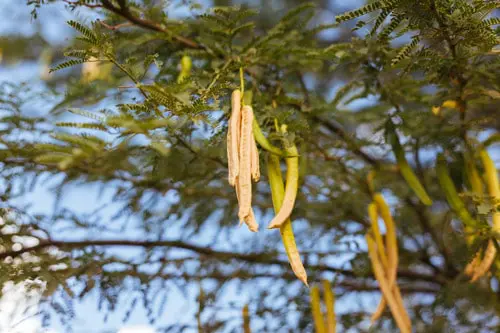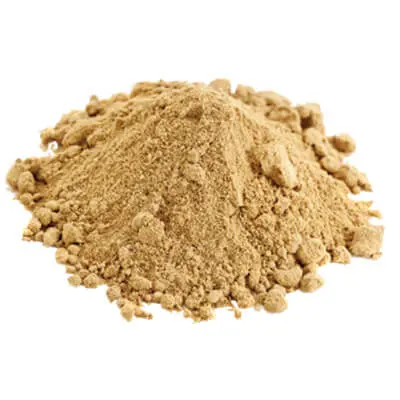Mesquite is the common name for several plants in the genus Prosopis. Within this categorization, there are over 40 species of trees, all being leguminous (bearing pods), and ranging in size from shallow-rooted low shrubs, up to deep-rooted 50 ft trees. It is one of the few sources of fixed nitrogen in the desert environment.
Native to the southwest US and northeastern Mexico, its current range encompasses over 54,000 square miles. Mesquite trees have been around for a very long time, going all the way back to the Pliocene era! Our English designation for this tree is from the Spanish word mezquite, which was taken from the Nahuatl term mizquitl.
We may be more inclined to immediately conjure up images of barbecues and meats with a smokey mesquite flavor, but in all actuality, mesquite’s health benefits reach far beyond your backyard grill.

For centuries, mesquite was the most important wild crop because of its reliability. It produced fruit dependably in harsh conditions. Desert dwellers have ground the pods into a powder high in protein, lysine, calcium, magnesium, potassium, iron, zinc and dietary fiber. The sugar in mesquite is fructose which doesn’t need insulin for metabolism, helping maintain a consistent sugar level over a sustained time period. With a glycemic level of 25 (much lower than regular sugar) and a high percentage of dietary fiber, it digests much more slowly which prevents the drastic sudden elevations and abrupt drops in blood sugar that so often accompany consumption of many grains.
Mesquite powder can be used in smoothies, sprinkled over cereals, used in baking or in making raw treats, and of course used as a sweetener in coffee and tea.


